Celebrated by two billion Muslims across the world, here is to this holy and special month!
Celebrated by two billion Muslims across the world, here is to this holy and special month!
With more than two billion Muslims around the world coming together to celebrate Ramadan, the beautiful diversity of cultures, practices, and celebrations that make up the Muslim experience of Ramadan is something to treasure and appreciate.
In the spirit of this holy month, here are just 10 of some of the most beautiful Ramadan traditions from around the world!
1. Across much of Egypt, colorful lanterns are lit in celebration of the holy month of Ramadan
Becoming one of the most symbolic and colorful ways of celebrating this special month, Egypt is famous for its vibrant and sparkling lanterns that are lit during the evening and night, called “fanous“.
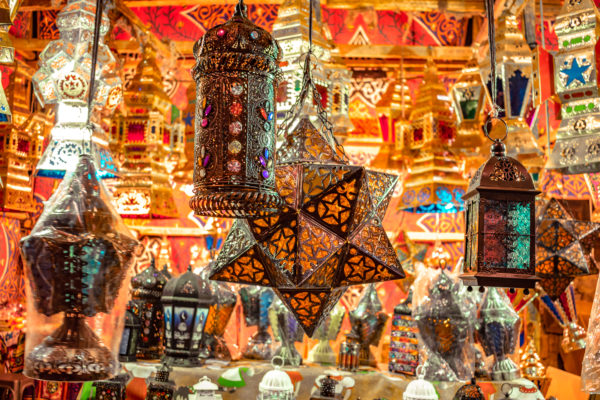
The origins of this tradition may have stemmed from the Fatimid Empire when Caliphate Al-Muʿizz li-Din Allah was greeted with colorful lanterns as he arrived in Cairo – and today, it has become one of the most uplifting and colorful ways to enliven the streets for Ramadan.
2. “Seheriwalas” in India wake up worshippers for suhoor in an ancient Mughal tradition
The “seheriwalas” (also called zohridaars) of New Delhi are a much-loved tradition in India, dating back to the Mughal times.
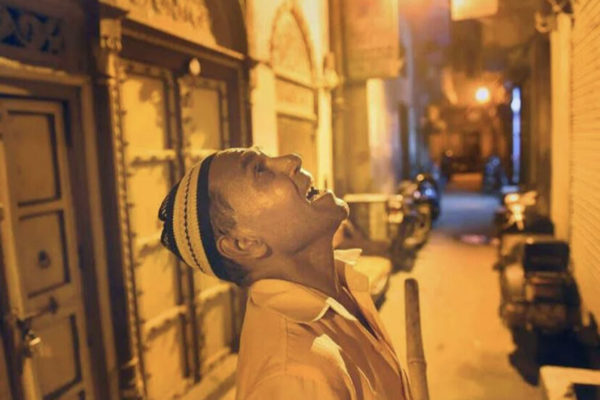
These town criers will call out prayers and the names of Allah and the Prophet Muhammed in a beautiful ode to the traditions of Ramadan, making sure everyone in the neighborhood is awake for suhoor before dawn prayers.
3. Many Indonesian Muslims engage in a cleansing ritual called “Padusan” to mark the beginning of Ramadan
To spiritually and physically cleanse themselves before the start of the holy month of Ramadan, many Indonesian Muslims from the island of Java will engage in this beautiful tradition.
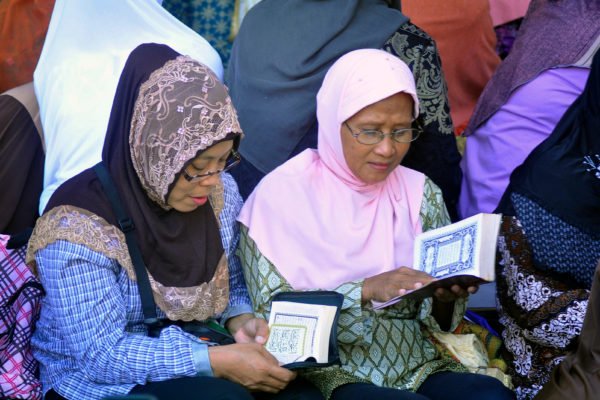
Meaning “to bathe” in the Javanese dialect, many Muslims here will soak themselves in natural springs or even lakes – although many today will practice this in their own homes. This remains a symbolic ritual of purification, to prepare themselves mentally and physically for one of the holiest months of the Islamic calendar.
4. Moroccan town criers mark dawn prayers every morning for neighborhood families
Called “nafar“, the town crier, these men will walk through neighborhoods at dawn prayer to awaken families and let everyone know that prayer will begin soon. This is usually done with a musical horn.
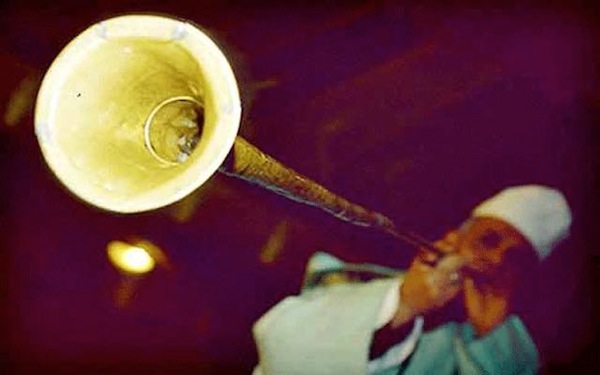
This beautiful tradition brings together the community in a celebration of the special atmosphere of Ramadan, especially around dawn prayers. The melody of the town nafar is an often beloved part of Ramadan for everyone in Morocco during this holy and special month.
5. Roma Muslims in Albania will perform special ballads to mark the beginning and end of each day’s fast
In a unique tradition in Albania, many Roma Muslims will begin and end the day of fasting with special ballads for Ramadan.
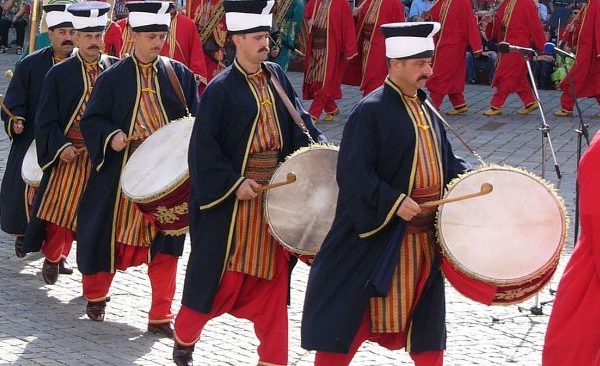
Along with playing the “lodra“, a traditional drum covered in sheep or goat skin, many will invite families and loved ones for iftar and break their fast with religious ballads to mark their devotion and faith during this beautiful month.
6. Many men in Iraq will gather for the beloved traditional game of “muheibes” after breaking fast each evening
In a tradition dating back beyond memory, many Iraqi men will gather in large groups after breaking fast for a game of “muheibes” – an amusing game of deception where a ring is passed around under a cloth and people must guess who really has the ring based on body language alone.
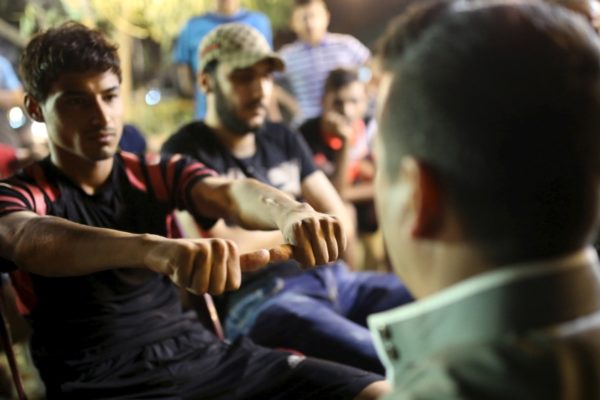
Although feared lost after so many years of war, “muheibes” is making a comeback in recent years as many Iraqis actively work to preserve such beloved traditional Ramadan games like this.
7. Muslims in Cameroon engage in the tradition of the opening of the doors to embrace anyone for iftar
In a beautiful act of worship and good deeds, many Muslims in Cameroon will make it a practice of opening their doors right before iftar time, to invite anyone from outside who may need to find somewhere to break their fast.
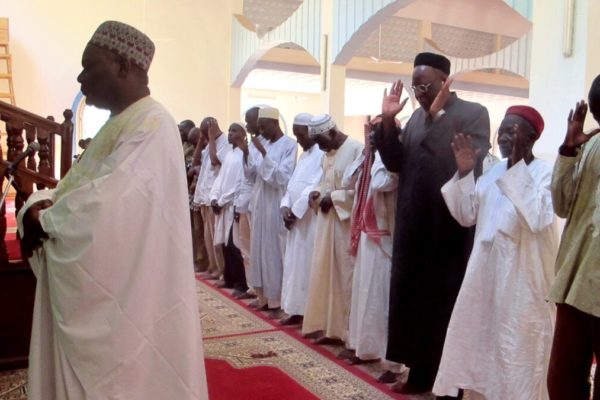
It is common to embrace anyone to break fast together in Cameroon, in a beautiful tradition that makes the month of Ramadan even more special.
8. Drummers will announce suhoor in Turkey, marking a tradition from Ottoman times
In a much-beloved tradition, many neighborhoods across Turkey will have an appointed drummer, with many dressed in traditional Ottoman clothes, tasked with waking up people before dawn prayers.
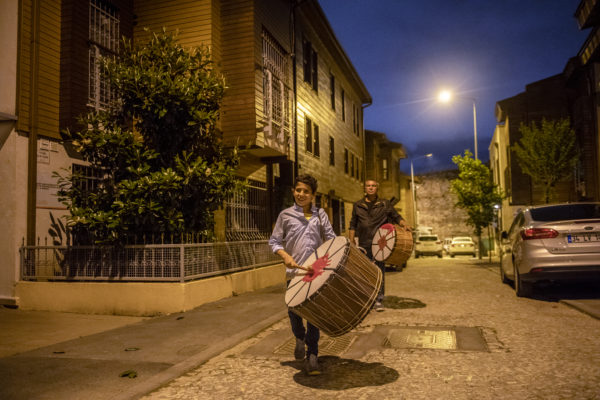
Using a traditional Turkish drum called a “davul“, this marks the communal spirit of Ramadan where so many Muslims come together to engage in the worship of fasting.
9. Muslims in the Maldives will recite beautiful Ramadan poetry called “Raivaru”
The Maldives become an especially beautiful and enlivened country during Ramadan – and one of the ways Ramadan is celebrated is through “raivaru“, a Maldivian form of religious poetry.
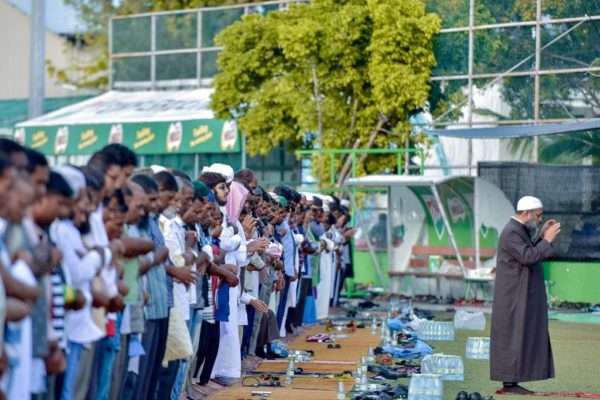
An ancient form of poetry with distinct rhythm and line patterns, for many Maldivian Muslims Ramadan is made even the more special with these beautiful forms of poetry recited in worship.
10. Specially appointed “Moon Watchers” will mark Eid-al-Fitr in South Africa
In a beautifully unique tradition, in South Africa “moon watchers”, or “maan kykers” in Afrikaans, will stand atop Signal Hill, the shore at the Sea Point Promenade, or at Three Anchor Bay and declare when Eid-al-Fitr will be – only after seeing the crescent moon with their own eyes.
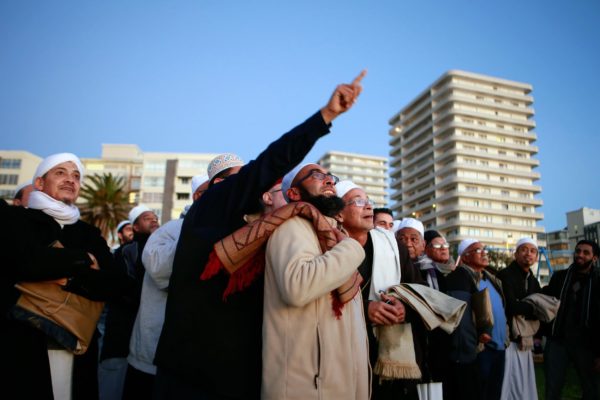
Appointed directly by South Africa’s Muslim Judicial Council, this special tradition marks the end of Ramadan and celebrates the tradition of spotting the first crescent moon with the naked eye.





